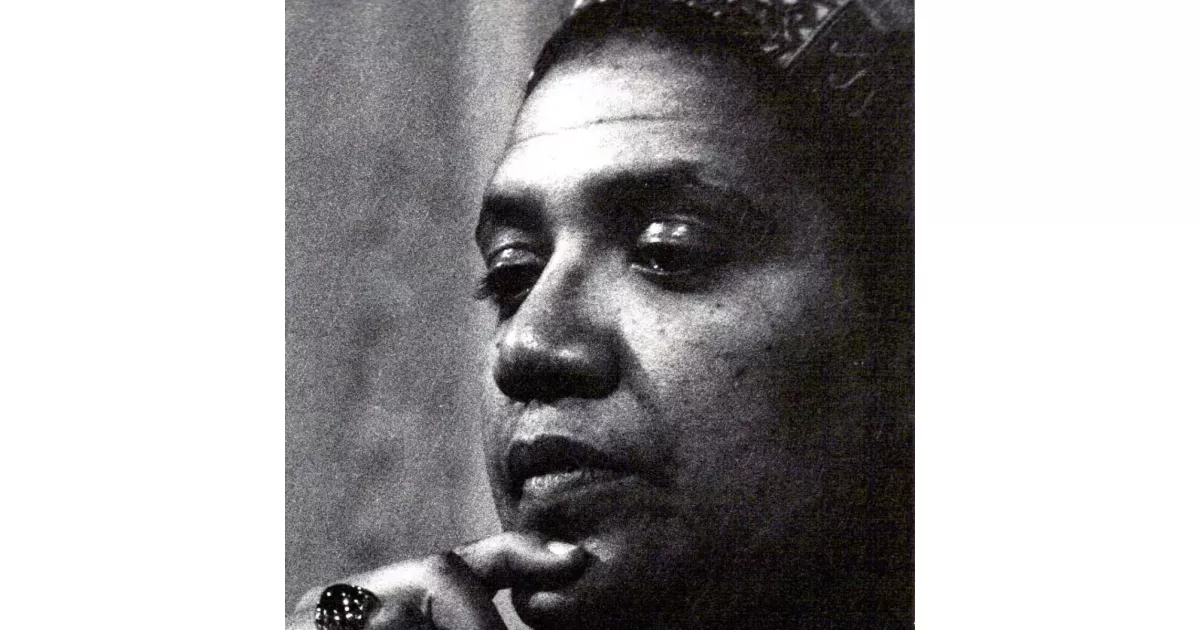An overview of the childhood and early education of Audre Lorde, highlighting the experiences that shaped the journey.
Audre Lorde was a pivotal American figure as a writer, professor, and activist. Identifying as a "Black, lesbian, feminist, socialist, mother, warrior, poet," she dedicated her life to challenging injustices. Her work explored intersections of race, gender, and sexuality, advocating against any hierarchy of oppressions. Lorde's powerful voice and insightful poetry continue to inspire movements for social change and equality, emphasizing the importance of unity in the pursuit of liberation and a better future.
1902: Linda Gertrude Belmar Lorde's Birth
In 1902, Linda Gertrude Belmar Lorde, Audre Lorde's mother, was born on the island of Carriacou in Grenada.
February 18, 1934: Audre Lorde's Birth
On February 18, 1934, Audrey Geraldine Lorde, later known as Audre Lorde, was born in New York City.
1951: Graduation from Hunter College High School
In 1951, Audre Lorde graduated from Hunter College High School.
1953: Death of Audre Lorde's Father
Around New Year's 1953, Audre Lorde's father passed away from a stroke.
1961: Master's Degree from Columbia University
In 1961, Audre Lorde earned a master's degree in library science from Columbia University.
1962: Marriage to Edwin Rollins
In 1962, Audre Lorde married attorney Edwin Rollins, a white, gay man. They maintained an open relationship due to LGBTQ+ discrimination.
1968: Writer-in-residence at Tougaloo College
In 1968, Audre Lorde served as writer-in-residence at Tougaloo College in Mississippi, which profoundly influenced her artistic development and led to the creation of her book of poems, Cables to Rage.
1968: Meeting Frances Clayton
In 1968, while in Mississippi, Lorde met Frances Clayton, a white lesbian and professor of psychology, who became her romantic partner until 1989.
1969: Teaching at Lehman College
In 1969, Audre Lorde began teaching in the Education Department at Lehman College.
1970: Divorce from Edwin Rollins
In 1970, Audre Lorde and Edwin Rollins divorced after having two children, Elizabeth and Jonathan.
1972: Residence on Staten Island
In 1972, Audre Lorde began residing on Staten Island where she continued writing and teaching, and also co-founded Kitchen Table: Women of Color Press.
1978: Breast Cancer Diagnosis
In 1978, Lorde was first diagnosed with breast cancer and underwent a mastectomy.
October 14, 1979: March on Washington
On October 14, 1979, audio recordings related to the March on Washington, which addressed civil rights for the gay and lesbian community, as well as poetry readings and speeches were recorded. These recordings are held at the Lesbian Herstory Archives in New York.
1980: Publication of The Cancer Journals
In 1980, Audre Lorde published "The Cancer Journals", a non-fiction prose work exploring her diagnosis, treatment, and recovery from breast cancer. The book delves into Western notions of illness, disability, sexuality, and themes of death and survival.
1980: Meeting at the World Women's Conference
In 1980, Dagmar Schultz met Audre Lorde at the UN "World Women's Conference" in Copenhagen.
1981: Relationship with Gloria Joseph Begins
In 1981, Audre Lorde and Dr. Gloria Joseph began their relationship. They later resided together on Joseph's native land of St. Croix.
1981: Teaching at Hunter College
In 1981, Audre Lorde began teaching at her alma mater, Hunter College, as the distinguished Thomas Hunter chair, influencing her work and inspiring her to write essays and articles about queer, feminist, and African American studies.
1982: Publication of Zami: A New Spelling of My Name
In 1982, Lorde published "Zami: A New Spelling of My Name", a "biomythography" chronicling her childhood and adulthood and dealing with the evolution of her sexuality and self-awareness.
1984: Teaching at Free University of Berlin
Beginning in 1984, Audre Lorde taught and visited Freie University of Berlin. Correspondence and teaching materials related to this period are held at the John F. Kennedy Institute of North American Studies at the university.
1984: Beginnings of "The Berlin Years"
From 1984 Audre Lorde began a period in Berlin that would later be covered in the documentary "Audre Lorde: The Berlin Years 1984–1992".
1984: Visiting Professorship in West Berlin
In 1984, Audre Lorde began a visiting professorship in West Berlin at the Free University of Berlin, becoming an influential figure in the Afro-German movement and coining the term "Afro-German".
1984: Lorde's Time in Berlin Begins
In 1984, Audre Lorde began her time in Berlin, where she led Afro-Germans in a movement to establish identities outside of stereotypes and discrimination. She introduced a new sense of empowerment for minorities, inspiring them to take charge of their identities.
1986: Move to St. Croix with Gloria Joseph
In 1986, after her liver cancer diagnosis, Audre Lorde officially left Clayton for Gloria Joseph, moving to St. Croix. Together they founded organizations such as the Che Lumumba School for Truth and the Women's Coalition of St. Croix.
1987: End of Staten Island Residence
In 1987, Audre Lorde ended her residence on Staten Island after living there since 1972.
1988: Publication of A Burst of Light
In 1988, Audre Lorde released "A Burst of Light", a non-fiction prose work reflecting on her breast cancer recurrence with liver metastases. The book delves into themes of death, fear of mortality, survival, emotional healing, and inner power.
1989: End of relationship with Frances Clayton
In 1989, Audre Lorde ended her relationship with Frances Clayton, a white lesbian and professor of psychology, after having been together since 1968.
1992: Endings of "The Berlin Years"
Audre Lorde's time in Berlin, later covered in the documentary "Audre Lorde: The Berlin Years 1984–1992" ended in 1992.
1992: End of Teaching at Free University of Berlin
In 1992, Audre Lorde ended her teaching and visits to Freie University of Berlin. Correspondence and teaching materials related to this period are held at the John F. Kennedy Institute of North American Studies at the university.
1992: Lorde's Time in Berlin Ends
In 1992, Audre Lorde's time in Berlin ended, after she led Afro-Germans in a movement to establish identities outside of stereotypes and discrimination, introducing a new sense of empowerment for minorities.
Mentioned in this timeline

John F Kennedy JFK was the th U S President...

Google LLC is a multinational technology company specializing in online...
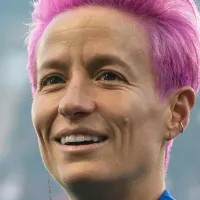
Megan Rapinoe is a celebrated American former professional soccer player...
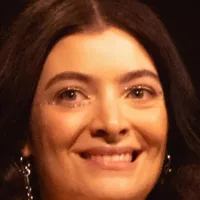
Ella Marija Lani Yelich-O'Connor professionally known as Lorde is a...
Germany officially the Federal Republic of Germany is a nation...
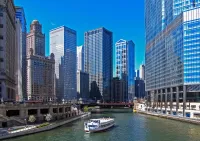
Chicago is the most populous city in Illinois and the...
Trending

57 minutes ago Sloane Stephens and Jozy Altidore Announce Divorce After Four Years of Marriage
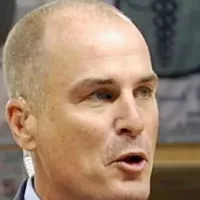
57 minutes ago Jay Bilas Praises UNC; Dixon Struggles; Davis's Job May Be Safe

58 minutes ago Timothée Chalamet and Matthew McConaughey Reunite, Discuss 'Interstellar' and Share Memories.
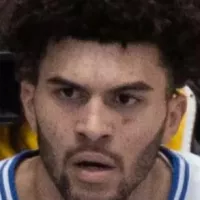
2 hours ago Cameron Boozer: Duke Forward, Elite Numbers, and Wooden Award Favorite
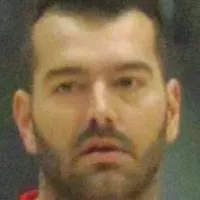
2 hours ago Josiah Harrell's Sensational UFC Debut After Rare Brain Disease Diagnosis: A Houston Story

2 hours ago Rajah Caruth shines at JR Motorsports; Mayer takes pole; Mears avoids crash.
Popular

Jesse Jackson is an American civil rights activist politician and...

Barack Obama the th U S President - was the...

Bernie Sanders is a prominent American politician currently serving as...

Ken Paxton is an American politician and lawyer serving as...

Michael Joseph Jackson the King of Pop was a highly...
Randall Adam Fine is an American politician a Republican who...
